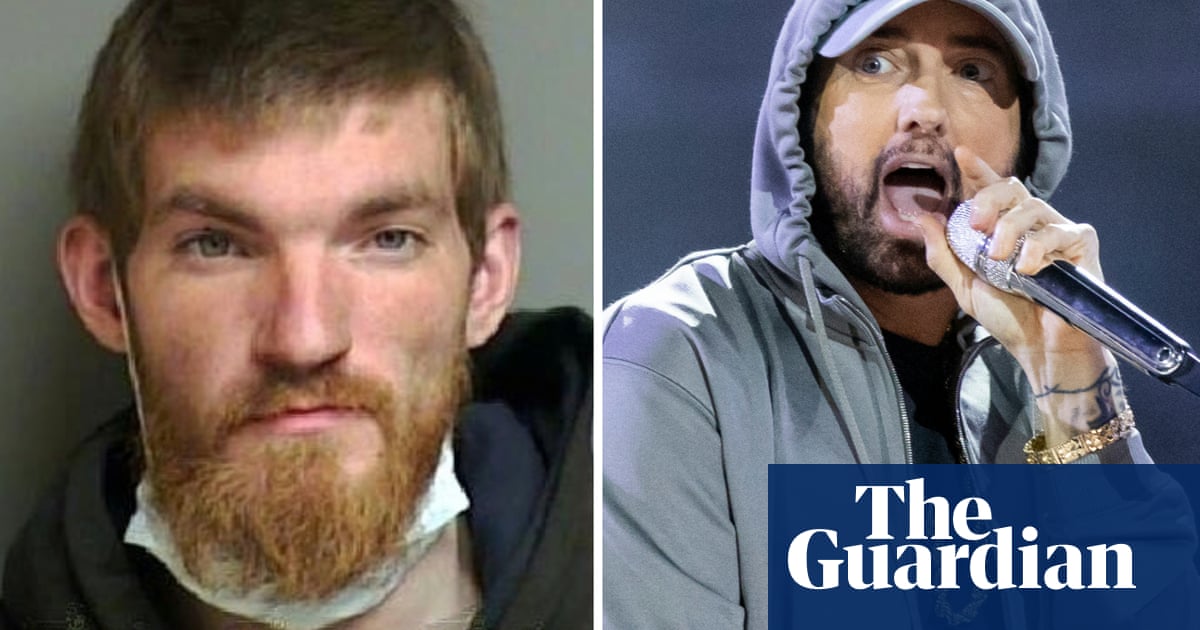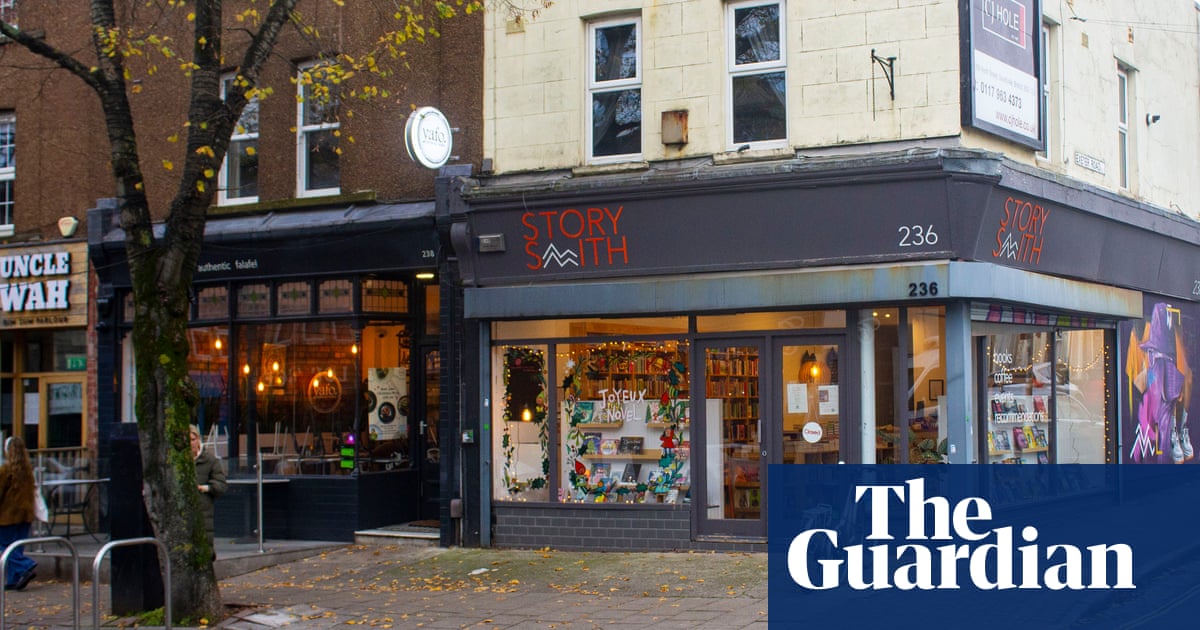Yvette Cooper has announced an urgent national review of the scale of grooming gangs as part of a range of new measures to tackle the issue, following sustained political pressure.
The review, intended to last three months and led by Louise Casey, who led a report into sexual abuse in Rotherham, is not the full national inquiry demanded by the Conservatives but does mark a notable shift from the government.
Announcing the plans in the Commons, the home secretary said Casey would examine data not available to the initial national inquiry into gangs led by Prof Alexis Jay, and would look into the ethnicity and demographics of both abusers and victims, as well as “the cultural and societal drivers for this type of offending, including amongst different ethnic groups”.
In parallel, Cooper said, Tom Crowther KC, who led a much-praised local investigation in Telford, would help devise a model for a series of similar probes. This would begin, she said, with five pilot areas, including Oldham.
It was the government’s decision to refuse Oldham council’s request for a second national inquiry, a decision noticed by Elon Musk, the billionaire and Donald Trump aide, who then made a series of misleading posts about the issue on X, that catapulted the subject back into public consciousness.
Other new initiatives set out by Cooper include widening the remit of the Child Sexual Abuse Review Panel so victims can seek a review of their cases even if they took place after 2013; a push for chief constables in England and Wales to look at past grooming cases; and to improve the recording of data on the ethnicity of offenders.
Cooper and Downing Street have resisted calls for a national inquiry, saying their belief – one they say is shared by a majority of victims and experts – is they should instead prioritise implementing the recommendations from the Jay inquiry, which reported in 2022.
Cooper announced that ministers would lay out a timetable for implementing Jay’s recommendations by Easter, and the Home Office had accepted the four of these relevant to its work.
Addressing the Commons, she defended the focus on local inquiries, saying they could “delve into far more local detail and deliver more locally relevant answers” than a national equivalent.
Sarah Champion, the Labour MP for Rotherham, who has long campaigned on sexual exploitation, questioned Cooper on whether the local inquiries would have the power to summon witnesses, and if not, how they could examine potential cover-ups of abuse.
Cooper said that while the inquiries would not be on a statutory footing, which would give such legal powers, the planned “Hillsborough law”, which brings in a duty of candour for public bodies, with potential criminal sanctions for misleading or obstructing investigations, would ensure proper scrutiny.
“For too long, this horrific abuse was allowed to continue, victims were ignored, perpetrators were left unpunished and too many people looked the other way,” Cooper told MPs.
“And even when these shocking crimes were brought to light, national inquiries were commissioned to get to the truth, the resulting reports were too often left on the shelf as their recommendations gathered dust. So under this government, that has changed.”
Chris Philp, the shadow home secretary, condemned the proposals, saying the beginning point of five pilots was “wholly inadequate” given the number of towns affected, while the lack of a statutory footing made them toothless.
“If that’s the case, how can they possibly get to the truth with cover-ups?” he said.
In response, Cooper said one of the key findings of Jay’s inquiry was the lack of information and data about the offences.
“That is why this government has now commissioned Baroness Louise Casey to instigate the rapid review to uncover the prevalence of this appalling crime across the country, with no holds barred,” she said.
“In the way that we know she’ll conduct this inquiry, to actually fill the gaps in the evidence rather than rerun the same questions without the evidence and data that we badly need.”

.png) 3 months ago
45
3 months ago
45













































